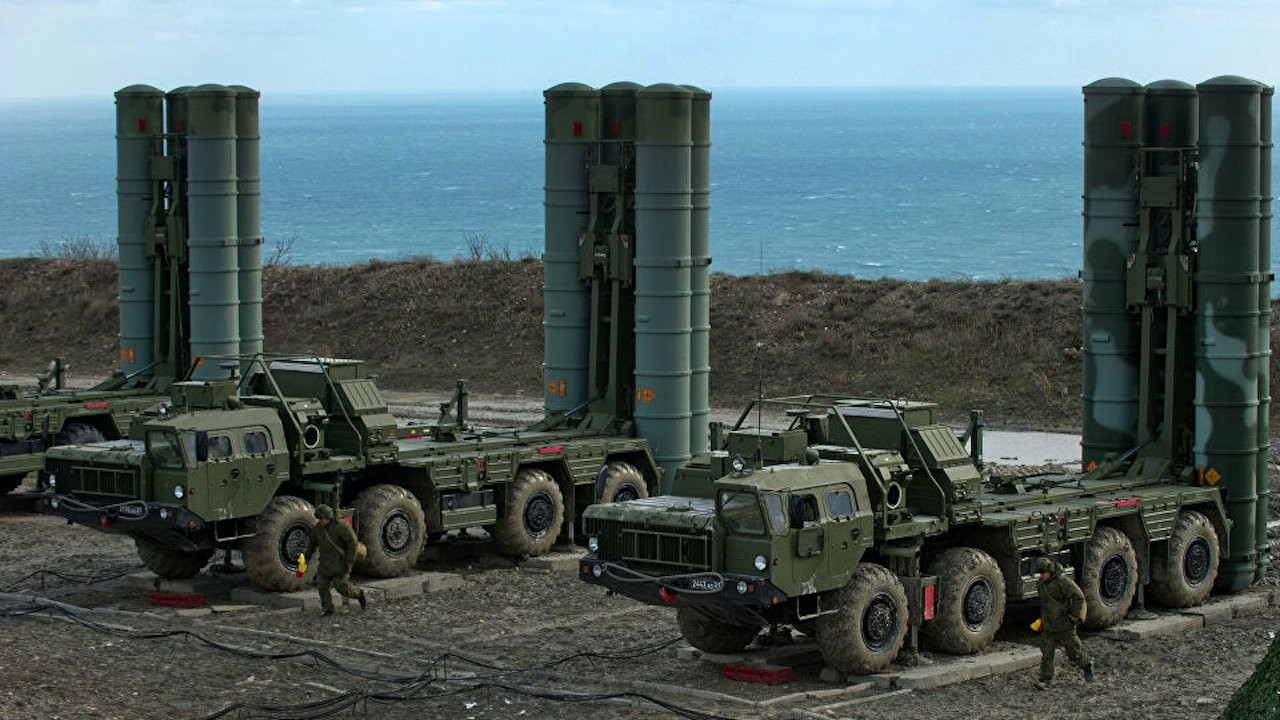US House passes defense bill proposing sanctions on Turkey over S-400s
The House of Representatives of the U.S. Congress on Dec. 8 approved the defense budget for the 2021 fiscal year that envisions sanctions against Turkey over its purchase of the S-400 missile defense systems.
Duvar English
The U.S. House of Representatives has passed a revised version of the 2021 National Defense Authorization Act (NDAA), which includes provisions to sanction Turkey over its acquisition of the Russian S-400 air defense system.
The $740 billion bill passed on Dec. 8 envisions expanding sanctions against the Russian Nord Stream 2 pipeline and the Turkish Stream, further arms sales to Ukraine, a ban on U.S.-Russia military cooperation, and sanctions against Turkey over its acquisition of the S-400 air defense system, Sputnik reported.
The House adopted the bipartisan bill with a 335-78 vote, sending it to the Senate for consideration, which is expected to pass on Dec. 9.
More than two-thirds of the House voted in support of the legislation, which is enough votes for the chamber to overturn a veto as threatened by President Donald Trump.
Earlier, the U.S. president announced that he intended to veto the bill because its text lacks a clause repealing Section 230 of the Communications Ethics Act 1996, which protects technology companies from lawsuits for posting, removing or otherwise moderating user-generated content.
At the same time, Republican lawmakers believe they have enough votes to override the president's veto.
The purchase of the S-400s has long been a stumbling block between the U.S. and its NATO-ally Turkey, with Washington trying to force Turkey into abandoning its acquisition of the Russian air defense system. According to the U.S., the S-400s are incompatible with NATO standards and could disrupt the operations of the U.S. F-35, also owned by Turkey.
Turkish President Recep Tayyip Erdoğan has repeatedly said that the issue of abandoning the S-400 systems was out of the question, adding that Ankara was open to buying U.S. Patriot systems under the condition of technology transfer to Ankara, which the U.S. has so far opposed.
The Nord Stream 2 project, targeted by the newly proposed defense bill, involves the construction of two lines of a gas pipeline with a total capacity of 55 billion cubic meters per year from the Russian coast through the Baltic Sea to Germany.

 Russia waiting for Turkey’s decision on second S-400 dealDiplomacy
Russia waiting for Turkey’s decision on second S-400 dealDiplomacy US senators call on Trump to impose sanctions on Turkey over S-400sDiplomacy
US senators call on Trump to impose sanctions on Turkey over S-400sDiplomacy New US defense bill mandates S-400 sanctions on TurkeyDiplomacy
New US defense bill mandates S-400 sanctions on TurkeyDiplomacy